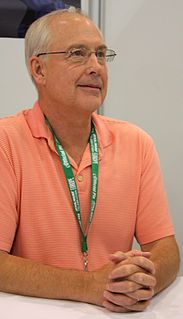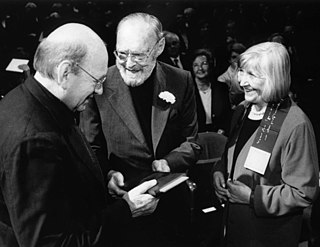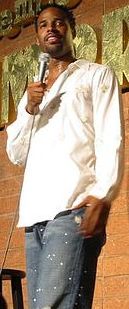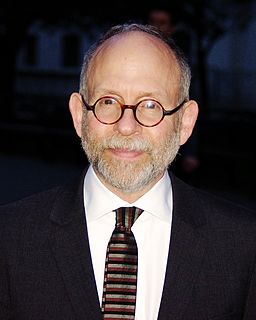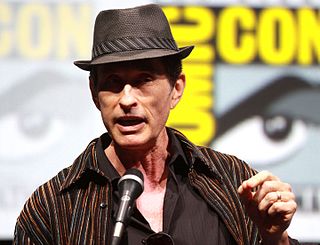A Quote by John Boorman
I only storyboard scenes that require special effects, where it is necessary to communicate through pictures.
Quote Topics
Related Quotes
You can't make theater happen without actors. The actor is the central ingredient in making theater happen. Audiences may come to theaters to see the work of stage managers, directors and producers, but the only people who can communicate theater magic to audiences, through ideas and emotions, are the actors. They are the only ones who can communicate this by themselves, and if necessary, they can get along without you. But you can't make theater without the actor.

